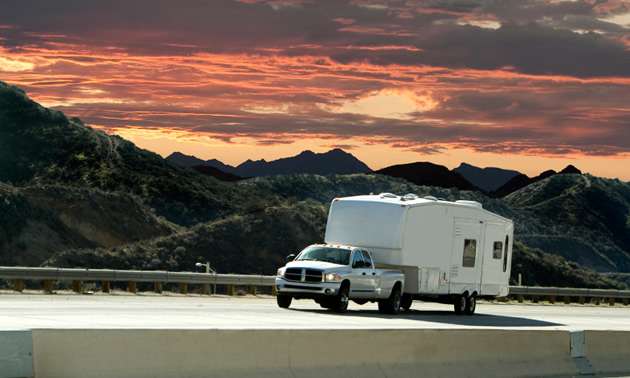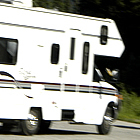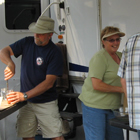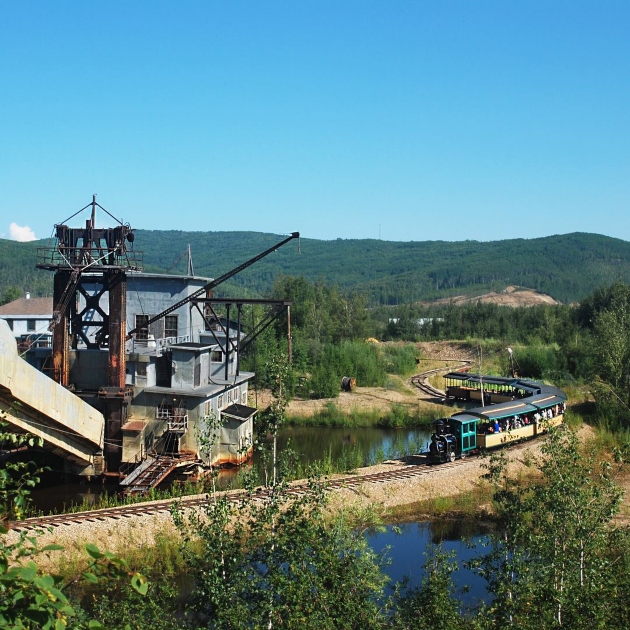Stay safe in your RV by following a few simple steps
What to look at before you hit the road

RV safety is important and it’s really not that difficult. I am quite often surprised when I hear of some accidents, because with a little bit of preventative repairs they may actually have been avoided.
Following a consistent maintenance program to ensure your RV is mechanically sound will help prevent any breakdowns or accidents from happening. Most of us also have a list of things we check at the beginning of each season, but realistically we should be checking for issues regularly.
Here are a few safety tips that will help you stay safe.
- Have a regular maintenance program and follow it to ensure the RV is mechanically safe. Prevention is the key to reducing accidents and unnecessary breakdowns. This should include checking your brakes, regular oil changes, having tires with enough tread, tune-ups as needed, testing appliances and propane tank certification
- Check your smoke alarms, CO and LP detectors. If your RV is a bit older, you may not have these three important pieces of equipment installed. If that’s the case, then spend the money and have them installed just for peace of mind.
- Propane safety is important and some of the sources for leakage or problems are stoves (top burners and oven), refrigerator, furnace, water heater, regulators or LP gas connectors
- Fire extinguishers. Make sure they are in operation and current.
- Rodents. These pesky little creatures love your appliances and every nook and cranny they can slide into. They may also chew on wires and rubber lines in your RV.
- Have a fully loaded first aid kit handy. If you aren’t sure what is needed, visit your local pharmacy and ask questions as to what you will need.
- Weight restrictions. Have you overloaded your RV or made sure the weight is distributed properly? Do you know what the total allowable weight is for your contents? That’s important because if you are overloaded it could cause tire failure, steering and braking problems and maybe structural problems to your RV.
Create a pre-trip checklist to follow every time you use your RV. Some of the most important items to check are listed below and the 10 minutes it may take you do to this could save you money and keep you safe.
- Tires: Check air pressure and tread
- Test your headlights, brake lights, taillights and turn signals
- Look underneath to see if there is any oil leakage
- Check over all visible drive belts and replace if necessary
- Check your fuel gauge
- Are all outside storage doors closed and properly secured?
- Has the awning been put away properly and secured?
- Is everything inside the RV stowed properly?
I am definitely not an expert at some of the above tasks, nor do I even pretend to know about everything related to safety. However, I do know it makes sense to keep your RV well maintained and creating a checklist to follow when setting up or moving your RV it takes the guessing out of what should or needs to be done. We all want our RV adventures to be safe and that’s what it’s all about.








